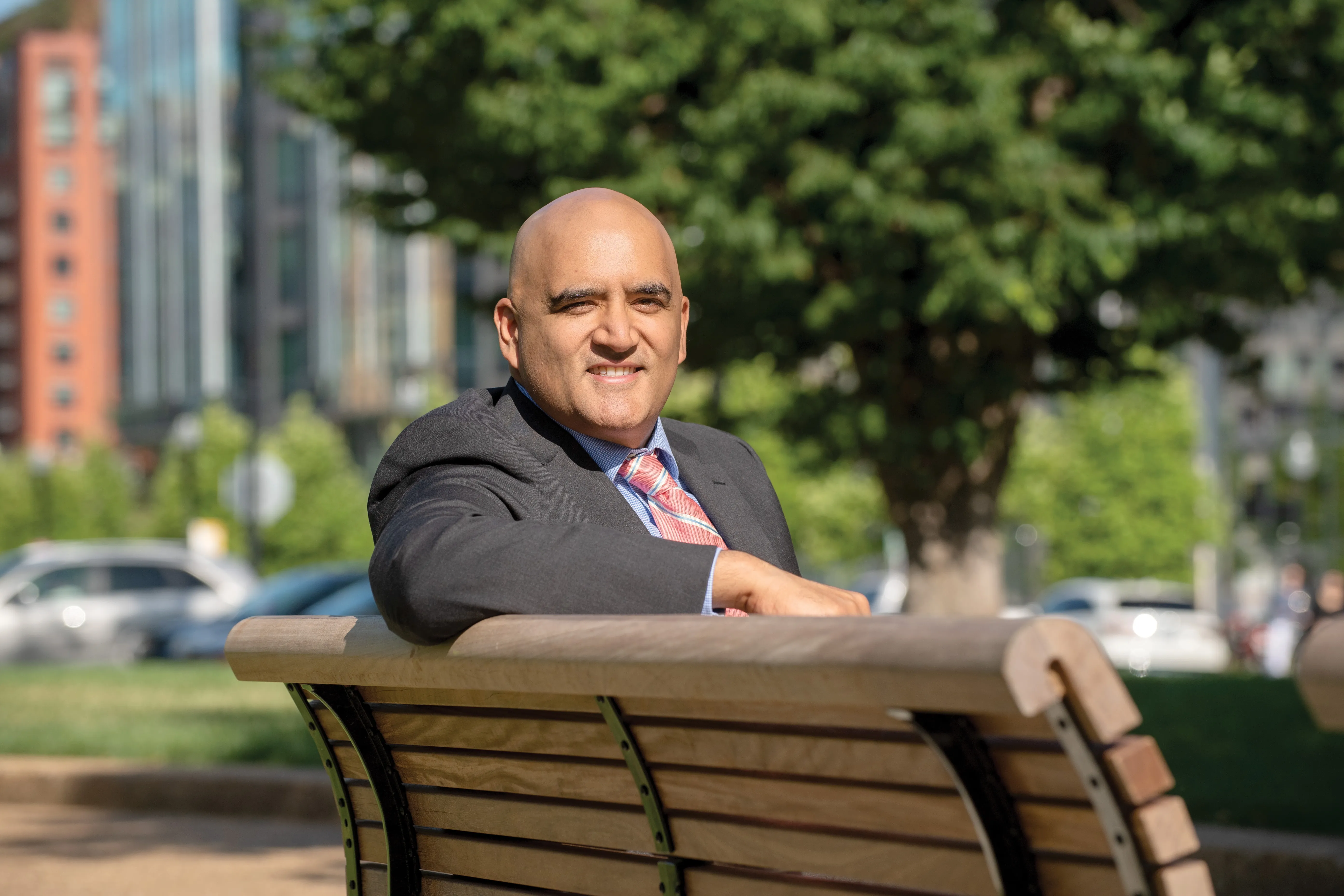Clean diesel technology is the best choice for mitigating NOx emissions in the US as part of the Volkswagen Environmental Mitigation Trust, according to the non-profit education association Diesel Technology Forum.
In a presentation at the 2017 Energy Policy Outlook Conference hosted by the National Association of State Energy Officials (NASEO), Ezra Finkin, the policy director for the Forum, highlighted why clean diesel technology is the best and most cost-effective choice for the immediate mitigation
February 13, 2017
Read time: 2 mins
Clean diesel technology is the best choice for mitigating NOx emissions in the US as part of the Volkswagen Environmental Mitigation Trust, according to the non-profit education association Diesel Technology Forum.
In a presentation at the 2017 Energy Policy Outlook Conference hosted by the National Association of State Energy Officials (NASEO), Ezra Finkin, the policy director for the Forum, highlighted why clean diesel technology is the best and most cost-effective choice for the immediate mitigation of NOx emissions. He said replacing or upgrading the oldest and largest engines with clean diesel technology is the fastest and most proven way to reduce NOx emissions and achieve the objectives of the settlement.
The US$14.7 billion settlement reached between VW, the Attorney General and the Department of Justice includes the Environmental Mitigation Trust, designed to repower or replace older heavy-duty vehicles and equipment with new technology to reduce NOx emissions. Public and private fleet vehicles are eligible for funding under the program.
According to Finkin, new clean diesel engines are near-zero in NOx emissions and are the most cost effective solution in reducing emissions to meet the specific goals established in the Trust. “For a fixed investment, more NOx can be reduced through investments in clean diesel technology than any other alternative, including natural gas and all-electric applications,” he said.
He stated that, while not primary objectives of the settlement, policymakers should take into consideration these additional and immediate benefits from the clean diesel options.
In a presentation at the 2017 Energy Policy Outlook Conference hosted by the National Association of State Energy Officials (NASEO), Ezra Finkin, the policy director for the Forum, highlighted why clean diesel technology is the best and most cost-effective choice for the immediate mitigation of NOx emissions. He said replacing or upgrading the oldest and largest engines with clean diesel technology is the fastest and most proven way to reduce NOx emissions and achieve the objectives of the settlement.
The US$14.7 billion settlement reached between VW, the Attorney General and the Department of Justice includes the Environmental Mitigation Trust, designed to repower or replace older heavy-duty vehicles and equipment with new technology to reduce NOx emissions. Public and private fleet vehicles are eligible for funding under the program.
According to Finkin, new clean diesel engines are near-zero in NOx emissions and are the most cost effective solution in reducing emissions to meet the specific goals established in the Trust. “For a fixed investment, more NOx can be reduced through investments in clean diesel technology than any other alternative, including natural gas and all-electric applications,” he said.
He stated that, while not primary objectives of the settlement, policymakers should take into consideration these additional and immediate benefits from the clean diesel options.








